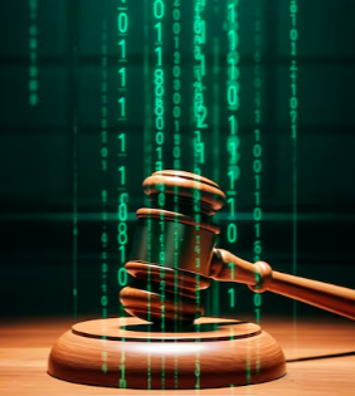Written by: Haim Ravia and Dotan Hammer
A class-action lawsuit filed in November 2022 against GitHub, Microsoft, and OpenAI has been largely dismissed, leaving only two allegations intact. The developers who initiated the lawsuit claimed that GitHub Copilot, a coding assistant powered by OpenAI’s technology, unlawfully copied their code. They argued that Copilot, trained on open-source software from GitHub, suggested code snippets without proper licensing or credit, thus violating their intellectual property rights.
The plaintiffs claimed that Copilot could generate code identical to theirs, which was central to their DMCA claim. However, the judge found no evidence to support this. Even with an amended complaint citing a study on AI-generated code duplication, the judge remained unconvinced, noting that the research did not specifically address Copilot. The judge pointed out that Copilot rarely memorized code and only did so with long, similar excerpts. Consequently, the key claim under DMCA Section 1202(b), which protects “copyright management” information, was dismissed as the generated code wasn’t identical enough to the plaintiffs’ work for this section to apply.
Two other claims—unjust enrichment and punitive damages—were also dismissed because California law generally does not provide such remedies for breach of contract. Additionally, the judge ruled that punitive damages should not be imposed on the defendants since this is a standard breach of contract and does not amount to a tortious act.
For now, the lawsuit continues with just two remaining allegations: an open-source license violation and a breach of contract.
Click here to read the decision in DOE 1 et al v. GitHub, Inc. et al, 4:22-cv-06823 (24.6.2024).



